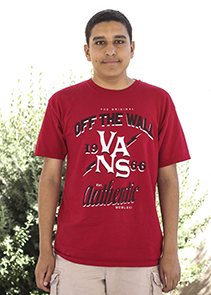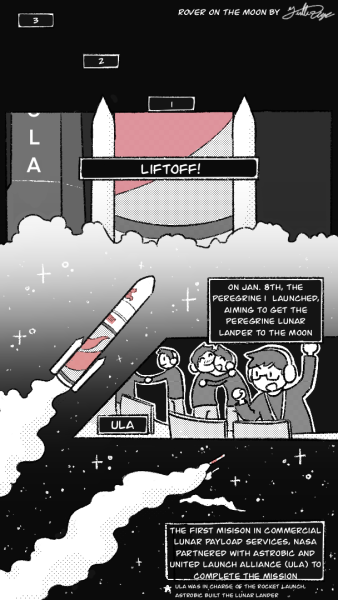Going for Gold: Sochi 2014
February 25, 2014
The 2014 Winter Olympics began Thurs., Feb. 6 in Sochi, Russia. For the first time since the fall of the Soviet Union, Russia is hosting the Olympic Games. Russia’s president, Vladimir Putin, was the main advocate in Russia’s quest for hosting the games, as tourism and global media coverage would boost Russian morale and the economy;however, there have been major concerns over Russia holding the games.
Terrorist groups have threatened to attack the games in order to bring global attention to the conflict between the Russian government and separatist groups in the war-torn Caucasus region of southern Russia. Media analysts were confused as to why Russia would choose Sochi as the site for the games, as the city is a summer resort located on the Black Sea. Sochi is also less than 300 miles from the tense Caucasus region, where the terrorist groups are known to have originated. As a precaution, the Russian government has created a Ring of Steel around the Sochi area consisting of 40,000 security forces to prevent a potential attack.
Another concern has been raised over the safety of gay athletes as Russia’s anti-LGBT law could present a risk. Russia recently passed a “homosexual anti-propaganda” law that restricts the speech of gay people, and has received criticism from political leaders all over the world. There is suspicion that the absence of President Obama, French President Francois Hollande, and British Prime Minister David Cameron is a silent protest of Russia’s controversial law.
Journalists reported that several hotels were still under construction just days before the games were set to begin. Pictures of yellow tap water in hotels were widely circulated on Twitter and Facebook.
The level of anxiety surrounding these games is considerably higher than that of previous games; however, the opening ceremony was an impressive display of a Russian rebirth. The ceremony presented the history of Russia, from the days of the 19th century Russian Empire to the rise of the Soviet Union. As the ceremony turned to the history of the Soviet Union, the lights turned red and workers appeared, heroically constructing buildings and making weapons. This part of the ceremony depicted the rise of the Soviet Union in the 1930s under Joseph Stalin, although there was no actual reference to Stalin and his oppressive regime. There was a moment of silence where the stadium went dark to commemorate the millions of lives lost during World War II. The Soviet Union was the country hit the hardest during the war, as up to 28 million died. The Soviet Union emerged as a strong world power, as the ceremony depicted the Soviet space program and fashion. The ceremony ended with a clear message that Russia remembers its turbulent past, but is looking forward to its future.




